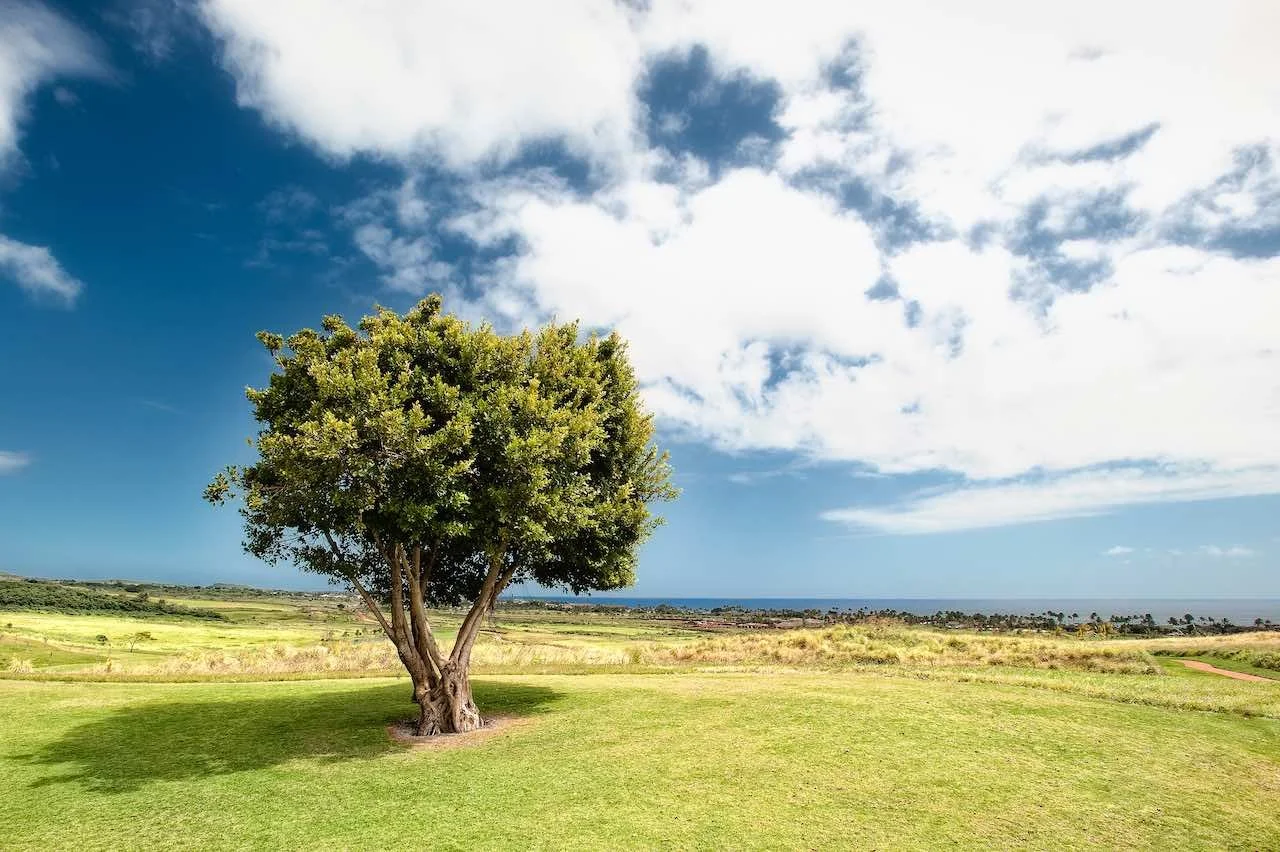Off Grid Living Kenya A Practical Guide
Off grid living Kenya is gaining traction as more people seek self-sufficiency and a simpler life. This burgeoning movement presents unique challenges and opportunities, demanding careful consideration of legal frameworks, resource management, and sustainable practices. From securing land and navigating legal requirements to implementing renewable energy solutions and establishing resilient food systems, off-grid living in Kenya requires a multifaceted approach.
This article explores the key aspects of this lifestyle, offering insights into its practicalities and potential.
Successfully navigating the transition to off-grid living in Kenya involves understanding the complexities of land ownership, water sourcing and purification, sustainable energy generation, food production, and appropriate building techniques. Furthermore, the social and community aspects, including waste management and resource sharing, play a crucial role in long-term sustainability. This comprehensive guide aims to equip aspiring off-grid dwellers with the necessary knowledge to make informed decisions and build thriving, self-sufficient lives.
Legalities and Land Ownership in Kenya for Off-Grid Living
Securing land and establishing an off-grid lifestyle in Kenya requires navigating a complex legal landscape. Understanding land ownership, acquisition processes, and necessary permits is crucial for avoiding future disputes and ensuring a sustainable off-grid existence. This overview Artikels the key legal considerations for prospective off-grid settlers in Kenya.
Acquiring Land Suitable for Off-Grid Living
The process of acquiring land in Kenya for off-grid living begins with identifying suitable land. This often involves searching government land registries, engaging land agents, or exploring community land options. Factors to consider include proximity to essential services (though limited for off-grid living), accessibility, water sources, and environmental regulations. Due diligence is critical; verifying land ownership and conducting thorough title searches are essential steps to prevent future disputes.
The land must be zoned appropriately for the intended use, which may require special permits or approvals.
Legal Requirements and Permits for Off-Grid Construction and Residence
Building and residing off-grid in Kenya requires adherence to various legal requirements and obtaining necessary permits. These include obtaining a building permit from the relevant county government, adhering to environmental regulations (especially concerning water usage and waste disposal), and complying with any local zoning bylaws. Failure to obtain these permits can lead to legal repercussions, including demolition orders or fines.
It’s advisable to consult with legal professionals and relevant county authorities to understand all applicable regulations and ensure compliance throughout the process. Specific requirements vary across counties, highlighting the importance of local-level research.
Potential Land Ownership Challenges and Disputes
Land ownership in Kenya can be a source of significant challenges and disputes, particularly concerning off-grid settlements. These disputes often stem from unclear land titles, overlapping claims, customary land rights, and inadequate land surveying. Disputes can be lengthy and costly to resolve, potentially impacting the viability of an off-grid project. Thorough due diligence, including engaging a qualified land surveyor and legal counsel, is essential to minimize these risks.
Understanding customary land tenure systems and their interaction with formal land ownership is crucial in rural areas.
Comparison of Land Tenure Systems in Kenya
Kenya operates under a dual land tenure system, encompassing customary and freehold systems. Customary land tenure, prevalent in rural areas, involves communal ownership and traditional governance structures. Freehold land tenure grants individual ownership with exclusive rights. Off-grid living may involve navigating both systems, particularly if seeking land in rural or peri-urban areas where customary land rights may overlap with formal titles.
Understanding the implications of each system is crucial for navigating land acquisition and ensuring secure tenure.
Legal Steps in Securing Land for Off-Grid Living in Kenya, Off grid living kenya
| Step | Description | Relevant Authority | Documentation |
|---|---|---|---|
| Land Identification & Due Diligence | Identify suitable land, conduct title searches, and verify ownership. | Land Registry, Surveyors | Land title deed, survey plan, search results |
| Land Acquisition | Negotiate purchase or lease agreement with landowner. | Landowner, Lawyer | Purchase agreement, lease agreement |
| Permit Applications | Apply for building permits and other necessary approvals. | County Government | Building plans, environmental impact assessment (if required) |
| Construction & Compliance | Construct according to approved plans and comply with regulations. | County Government, Building Inspector | Building permits, inspection reports |
Building Materials and Construction Techniques for Off-Grid Homes: Off Grid Living Kenya

Constructing off-grid homes in Kenya requires careful consideration of locally available, sustainable materials and appropriate building techniques. The choice of materials significantly impacts the home’s durability, cost, and environmental footprint, while the construction method influences both the speed of building and the overall structural integrity. This section explores various options for building sustainable and resilient homes in the Kenyan context.
Locally Sourced and Sustainable Building Materials in Kenya
Numerous sustainable building materials are readily available throughout Kenya. These materials often represent a cost-effective and environmentally responsible alternative to imported materials. Rammed earth, a mixture of soil, gravel, and stabilizer, is a strong and thermally efficient material widely used in traditional Kenyan architecture. Locally harvested timber, such as bamboo and eucalyptus, provides a renewable resource for structural framing and roofing.
Thatch, commonly used for roofing, offers excellent insulation and is easily replaceable. Stone, readily available in many regions, offers durability and strength. Finally, recycled materials, such as repurposed metal sheets and plastic bottles (when properly treated), can contribute to reducing waste and construction costs.
Traditional and Modern Building Techniques Suitable for Off-Grid Construction
Traditional Kenyan building techniques often prioritize locally sourced materials and climate adaptation. For example, the use of rammed earth walls, combined with thatched roofs, creates naturally cool and well-insulated homes. These techniques, passed down through generations, demonstrate a deep understanding of local climate conditions and resource management. Modern techniques, however, offer opportunities for increased efficiency and durability.
For instance, cob construction, a variation of rammed earth using a wetter mix, allows for more intricate designs. Similarly, the use of stabilized earth blocks, created by compressing earth mixtures into standardized shapes, offers greater structural consistency.
Advantages and Disadvantages of Different Building Materials
The choice of building materials involves a trade-off between cost, durability, and environmental impact. Rammed earth, for instance, is relatively inexpensive and offers excellent thermal insulation, but it requires specialized skills and may be susceptible to water damage if not properly treated. Timber, while readily available, is susceptible to insect infestation and fire, requiring appropriate treatments. Stone offers exceptional durability but is labor-intensive to source and transport.
Thatch provides excellent insulation but requires periodic replacement. The optimal choice depends on factors such as budget, available skills, and the specific climatic conditions of the location.
House Designs Optimized for Kenyan Climate and Off-Grid Living
Optimal house designs for off-grid living in Kenya prioritize passive climate control, minimizing energy consumption for heating and cooling. Traditional designs, such as the round hut with a thatched roof, naturally promote airflow and shade. Modern adaptations of these designs might incorporate improved ventilation systems and strategically placed windows to maximize natural light and minimize heat gain. Elevated foundations can protect against flooding, while strategically placed overhangs can provide shade and reduce solar heat gain.
The use of earth sheltering techniques can further enhance thermal performance.
Design of a Simple, Cost-Effective Off-Grid Home Using Locally Sourced Materials
A simple, cost-effective off-grid home could utilize a rammed earth foundation and walls, with a timber frame supporting a thatched roof. The walls, approximately 30cm thick, would be constructed using locally sourced soil, gravel, and a natural stabilizer such as cement or lime (if available). The timber frame for the roof would be made from sustainably harvested eucalyptus or bamboo, with the roof covered with locally sourced thatch.
Small, strategically placed windows would provide natural light and ventilation. A simple rainwater harvesting system could be integrated into the design, collecting rainwater for domestic use. The interior layout would be simple and functional, with a single room or two, depending on the family size. The overall design would emphasize simplicity, durability, and minimal environmental impact.
This design would be easily adaptable to local variations in materials and climatic conditions across Kenya.
Embarking on off-grid living in Kenya is a significant undertaking, demanding careful planning, resourcefulness, and a commitment to sustainable practices. While challenges exist, the rewards—greater self-reliance, a deeper connection with nature, and a more fulfilling lifestyle—are compelling for many. By understanding the legal landscape, mastering resource management techniques, and building strong community ties, individuals can successfully navigate the path to a sustainable and fulfilling off-grid existence in the diverse landscapes of Kenya.
The journey requires dedication, but the potential for a more harmonious and self-determined life is significant.
Find out further about the benefits of off grid living festival 2024 that can provide significant benefits.



.jpg)

